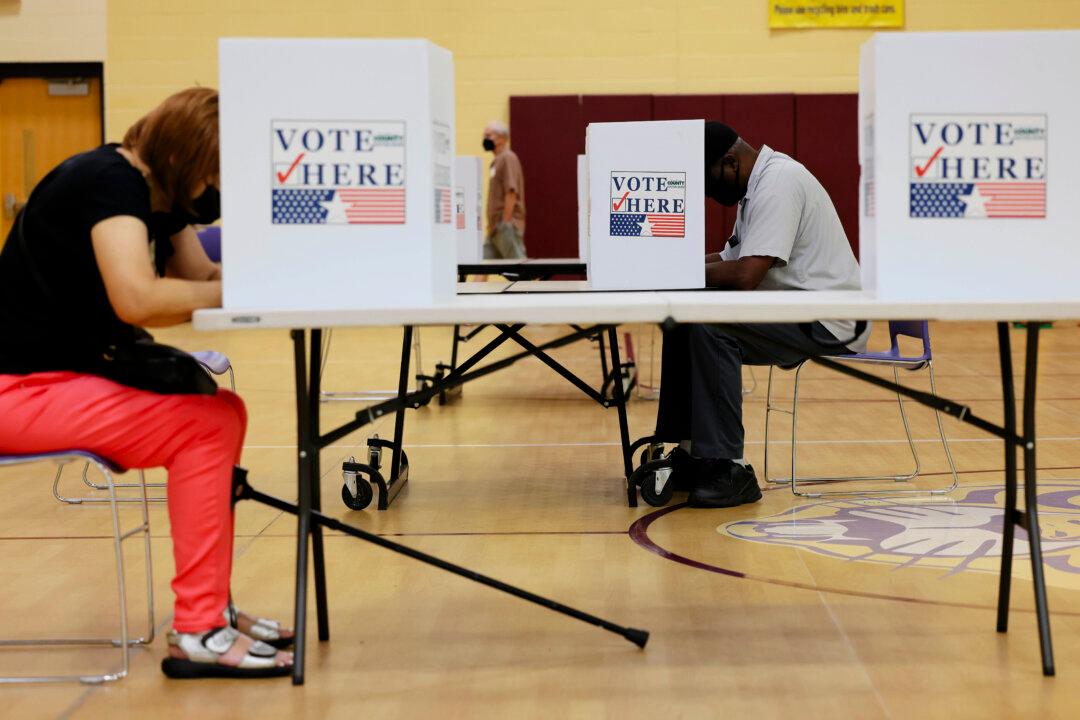Federal judges have rejected bids by Missouri and Texas officials to block U.S. Department of Justice (DOJ) poll monitors.
U.S. District Judge Matthew Kacsmaryk on Nov. 5 rejected a motion for a temporary restraining order that was lodged by Texas Attorney General Ken Paxton.





